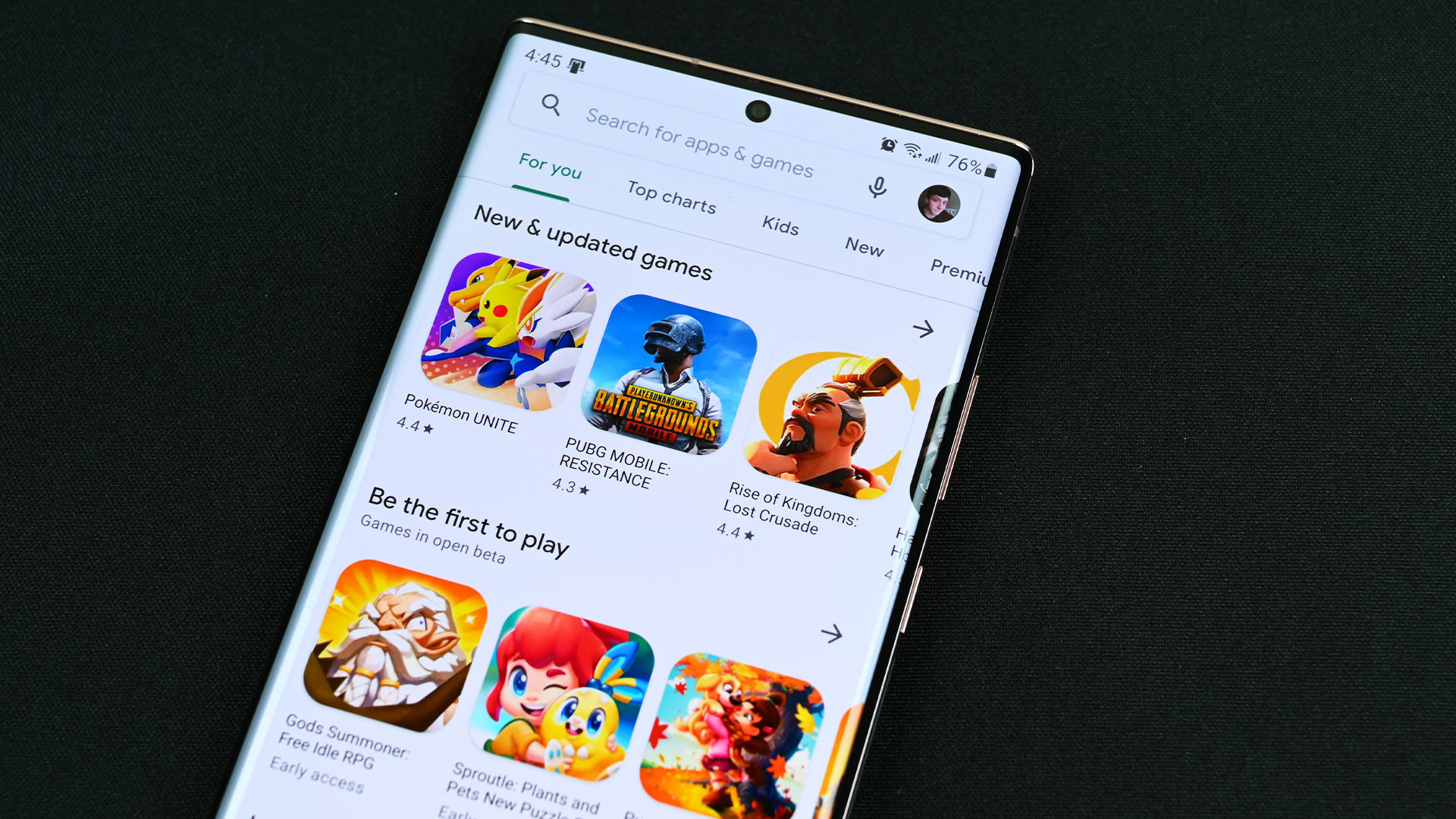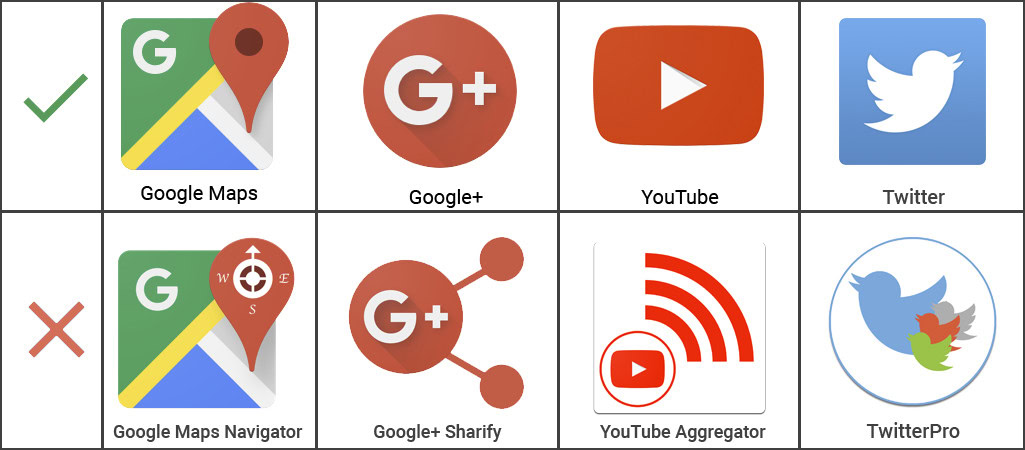
Joe Hindy / Android Authority
TL;DR
- The Google Play Store is making some positive changes for consumers to its app and game policies.
- One change bans copycat apps and games made to resemble other popular apps.
- Another change bans apps that generate interstitial ads that appear without warning.
If you download apps from the Google Play Store, you may have encountered and complained about some annoying issues, such as apps that keep generating ads, or apps and games that are made to look like popular apps. Looks like Google has heard those complaints and is making some policy changes in the Play Store(through 9to5Google) to get rid of these types of apps.

A chance, which takes effect on August 31, prohibits apps that are made to look like other apps with their names, logos, or icons. Google stated, “We don’t allow apps that mislead users by impersonating someone else (e.g., another developer, company, entity) or any other app.” They also posted some examples of this kind of copycat apps and logos that will no longer be allowed in the Play Store in a few weeks.
Another big change which takes effect on September 30, prohibits full-screen interstitial ads that “appear unexpectedly, usually when the user has chosen to do something else.” That includes ads that appear when you start playing a game or before an app’s loading screen. Also, all interstitial ads in apps must be able to close in 15 seconds or less to be allowed on the Play Store. Google also posted some examples of the types of in-app ads that will no longer be allowed after September 30.
There are several other policy changes in the Play Store that will come into effect in the coming weeks and months. Many of them are aimed at developers, but some can affect consumer apps. One of them, which comes into effect on August 31, will ban apps that “provide misleading health claims that contradict existing medical consensus, or that could harm users.” Also, as of September 30, Google says that all apps that offer subscriptions must allow users to “cancel their subscriptions easily from within the app.”
